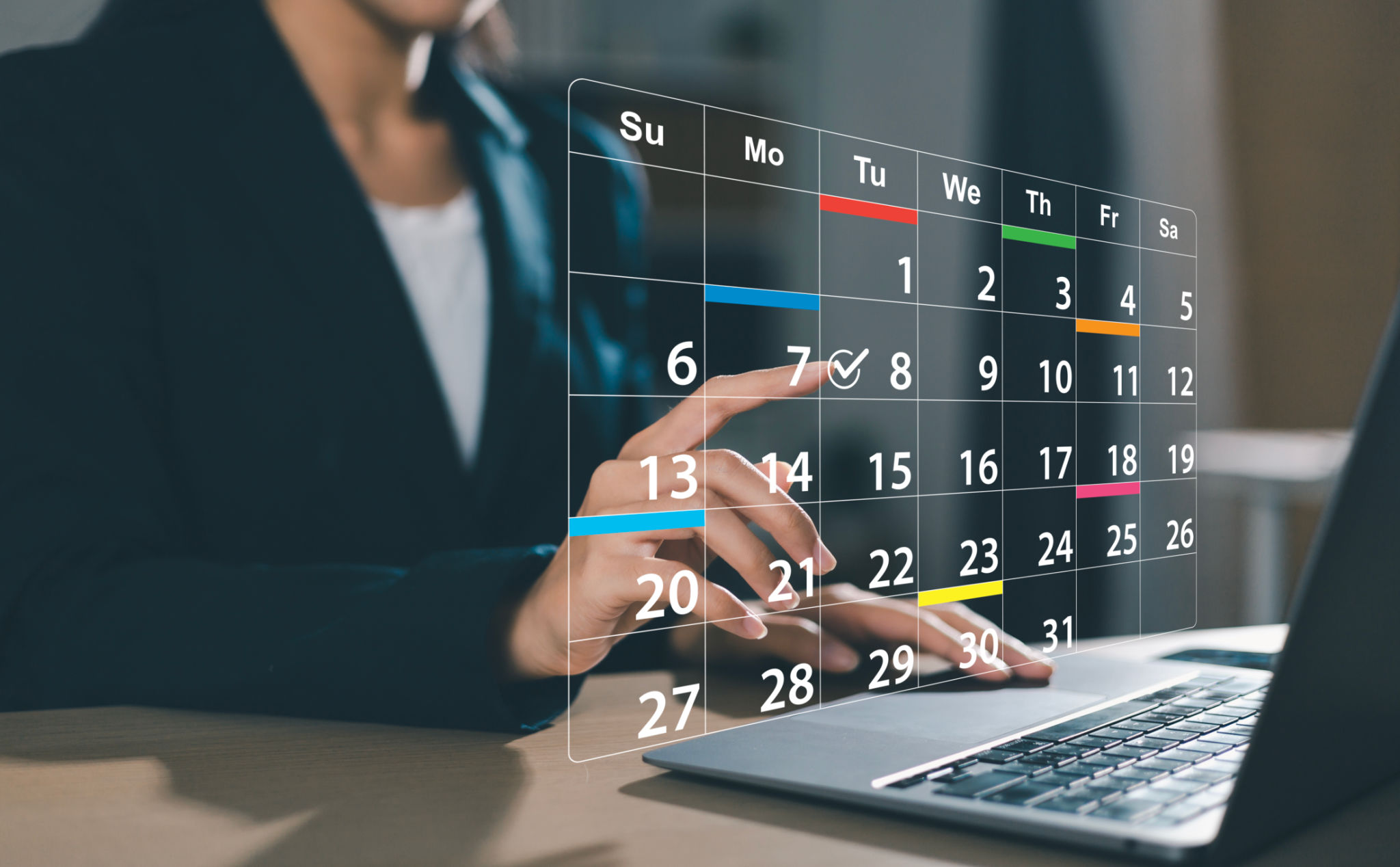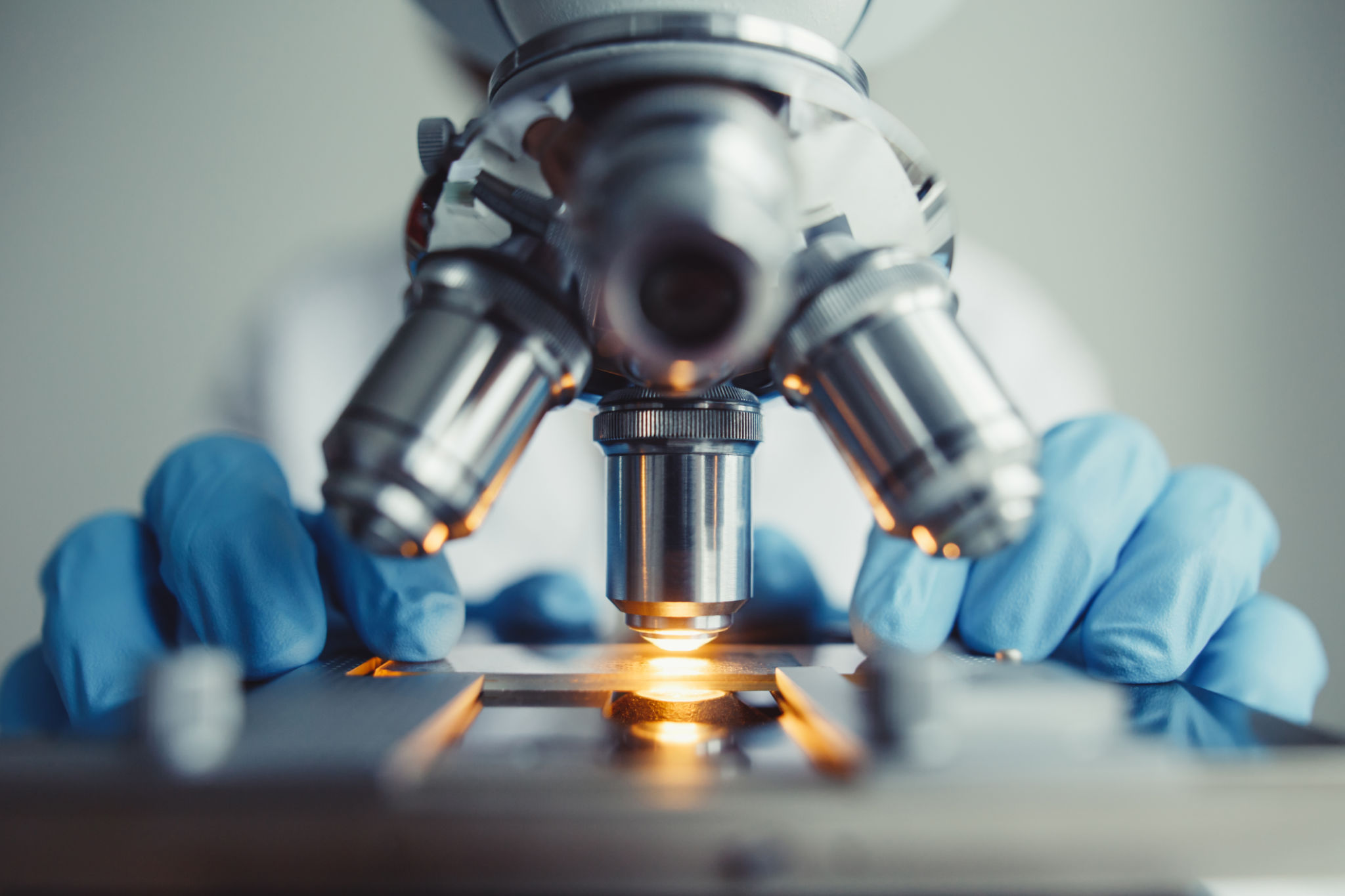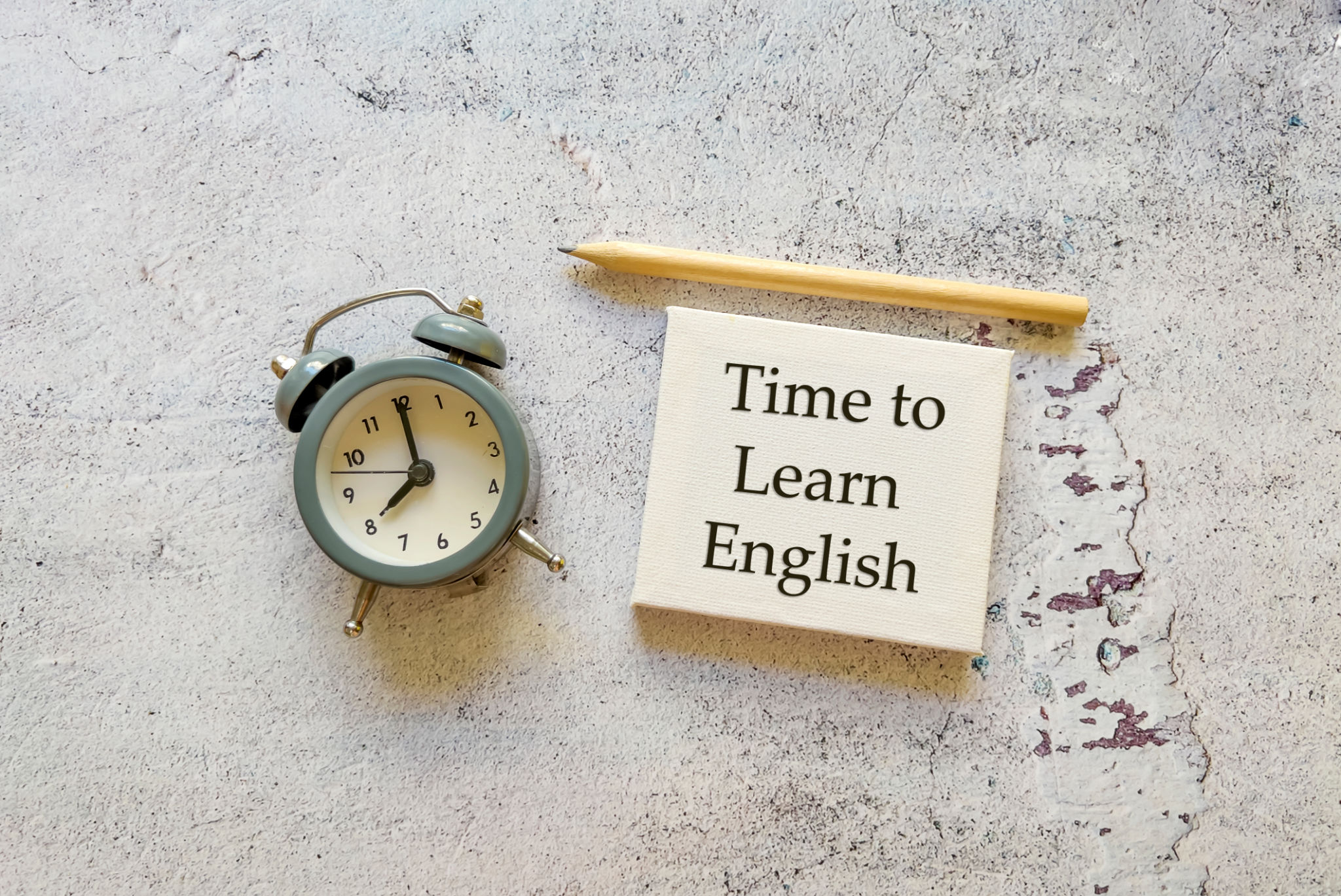Comprehensive Guide to Exam Success: Personalized Approaches for High School and University Entrance
Understanding Your Learning Style
One of the most crucial steps in preparing for exams is understanding your unique learning style. Are you a visual learner who benefits from diagrams and flowcharts, or do you find that you retain information better when listening to lectures or podcasts? Identifying your learning style can help you tailor your study techniques to maximize retention and understanding.

For visual learners, using flashcards, charts, and color-coded notes can be incredibly beneficial. If you are an auditory learner, try recording yourself reading notes aloud or discussing topics with peers in a study group. Kinesthetic learners might benefit from hands-on activities or teaching others what they’ve learned to reinforce their knowledge.
Creating a Customized Study Schedule
Once you understand your learning preferences, the next step is to create a personalized study schedule. A well-structured timetable can help you allocate time effectively and ensure that you cover all necessary subjects before the exam date. Begin by listing all subjects and topics that need attention, then estimate the time required for each.
Make sure to build in regular breaks and avoid cramming sessions. Studies show that spaced repetition is more effective than trying to learn everything at once. Use tools like digital calendars or planners to help keep track of your schedule and set reminders for important study sessions.

Effective Study Techniques for Different Subjects
Mathematics
Mathematics can be challenging for many students, but practice is key. Work through problems from past exam papers and textbooks, and try explaining concepts to a peer. The act of teaching can solidify your understanding and highlight any areas that need more focus.
Science
For science subjects, creating mind maps can help link concepts together. Conducting experiments or watching video demonstrations can make abstract concepts more tangible. Always focus on understanding the underlying principles rather than rote memorization.

Languages
When studying languages, immersion is essential. Engage with the language daily through reading, writing, listening, and speaking. Consider using language apps or joining language exchange groups to practice conversational skills.
Mental and Physical Well-being
Your mental and physical health plays a significant role in exam success. Ensure you are getting enough sleep, eating a balanced diet, and exercising regularly. These practices help improve concentration and reduce stress levels, contributing to better performance.
Mindfulness exercises like meditation or yoga can also enhance focus and calmness. Remember, taking care of your well-being is not just a break from studying but an integral part of your preparation strategy.

Mock Exams and Feedback
Sitting for mock exams under timed conditions can help you get accustomed to the pressure of the actual test day. After completing these practice exams, seek feedback from teachers or peers to identify areas for improvement. This process can build confidence and refine your exam strategies.
Final Review and Relaxation
As the exam date approaches, focus on reviewing key concepts rather than learning new material. Use summary notes and quick revision guides to refresh your memory. Staying relaxed is crucial; anxiety can hinder performance, so practice relaxation techniques to stay calm.
By following these personalized approaches to exam preparation, you stand a better chance of achieving success in both high school and university entrance exams. Remember that persistence and a positive mindset are just as important as strategy and hard work.
